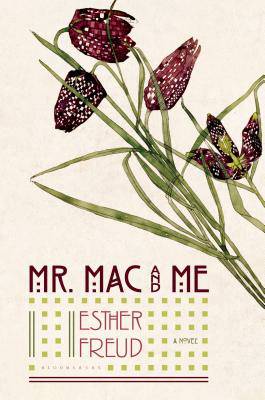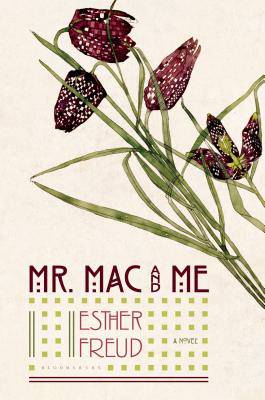
- Afhalen na 1 uur in een winkel met voorraad
- Gratis thuislevering in België vanaf € 30
- Ruim aanbod met 7 miljoen producten
- Afhalen na 1 uur in een winkel met voorraad
- Gratis thuislevering in België vanaf € 30
- Ruim aanbod met 7 miljoen producten
Zoeken
Omschrijving
It is 1914, and Thomas Maggs, son of the local publican, lives with his parents and sister in a village on the Suffolk coast. He is the youngest child, and the only son surviving. Life is quiet--shaped by the seasons, fishing and farming, the summer visitors, and the girls who come from the Highlands every year to gut and pack the herring.
Then one day a mysterious Scotsman arrives. To Thomas he looks like a detective in his black cape and felted wool hat, puffing on his pipe like Sherlock Holmes. Mac is what the locals call him when they whisper about him. And whisper they do, for he sets off on his walks at unlikely hours and stops to examine the humblest flowers. He is seen on the beach, staring out across the waves as if he's searching for clues. But Mac isn't a detective, he's the architect Charles Rennie Mackintosh, and together with his artist wife, they soon become a source of fascination and wonder to Thomas. Yet just as Thomas and Mac's friendship begins to blossom, war with Germany is declared. The summer guests flee and are replaced by regiments of soldiers, and as the brutality of war weighs increasingly heavily on this coastal community, they become more suspicious of Mac and his curious ways. In this story of an unlikely friendship, Esther Freud paints a vivid portrait of the home front during World War I, and of a man who was one of the most brilliant and misunderstood artists of his generation.Specificaties
Betrokkenen
- Auteur(s):
- Uitgeverij:
Inhoud
- Aantal bladzijden:
- 304
- Taal:
- Engels
Eigenschappen
- Productcode (EAN):
- 9781620408834
- Verschijningsdatum:
- 27/01/2015
- Uitvoering:
- Hardcover
- Formaat:
- Genaaid
- Afmetingen:
- 150 mm x 218 mm
- Gewicht:
- 408 g

Alleen bij Standaard Boekhandel
+ 79 punten op je klantenkaart van Standaard Boekhandel
Beoordelingen
We publiceren alleen reviews die voldoen aan de voorwaarden voor reviews. Bekijk onze voorwaarden voor reviews.











